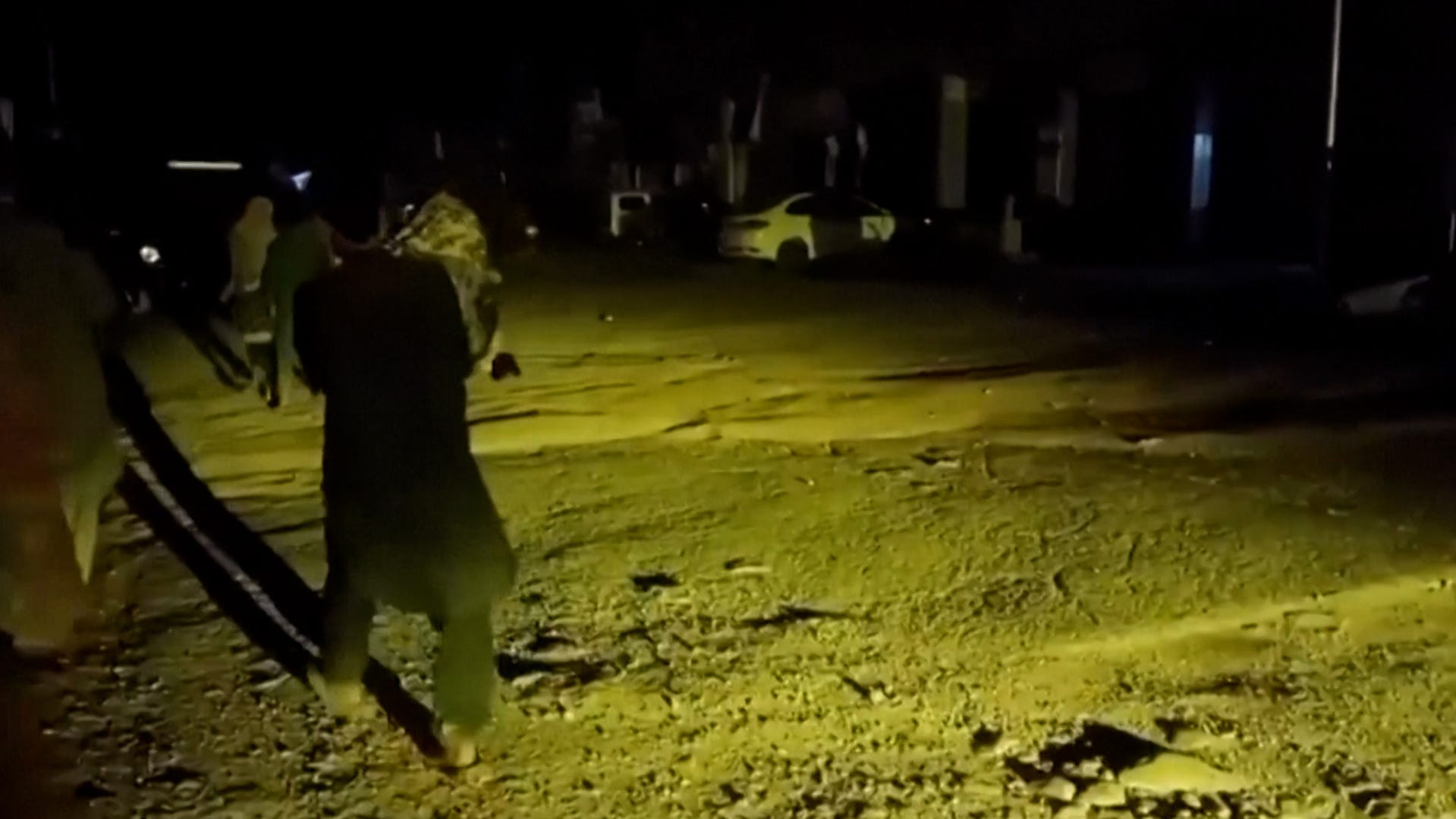Why India attacked Pakistan, its neighbor and nuclear rival
India launched military strikes against Pakistan as tensions spiraled following a deadly assault on tourists in the disputed Kashmir region.

- The United Nations, China, France and Russia all called for maximum restraint.
- President Donald Trump called the fighting "a shame," adding, "I hope it ends quickly."
- Indian National Security Advisor Ajit Doval said his nation had "no intent to escalate"
Two sworn enemies, both nuclear-armed. A disputed region. A deadly attack on tourists. And now, retaliation.
India launched military strikes against Pakistan on May 7 as tensions between the two rival nations spiraled.
"Anything can happen," a former top Pakistani security official told Paste BN.
India said it launched missiles targeting "terrorist infrastructure" in Pakistan and Pakistan-administered Kashmir, the divided Himalayan territory that India also controls a section of.
Pakistan's military said it shot down five Indian aircraft during the attack – a claim unconfirmed by India.
Pakistan said India's attack killed at least 26 civilians and wounded 46 more. India's army said at least 10 civilians were killed and 35 injured in cross-border shelling by Pakistani troops in Kashmir.
As Pakistan's military vows to respond further to India's strikes, here's what you need to know about the escalating crisis.
A tourist massacre, and retaliation
India blames Pakistan for an April 22 attack in Pahalgam, a picturesque Himalayan meadow, that killed 26 tourists, most of them Hindu men. India has for decades accused Pakistan of supporting militant attacks and says it has evidence a group linked to Lashkar-e-Taiba, an Islamist militant outfit based in Pakistan, carried out the Pahalgam attack.
Pakistan says the evidence is fabricated and denies any involvement.
India labeled its May 7 attack "Operation Sindoor," a reference to the red vermilion powder worn by married Hindu women. This is an apparent reference to Indian women widowed by the April 22 attack.
Start your day informed: Sign up for Paste BN's Daily Briefing newsletter.
What's behind Pakistan-India tensions?
Nuclear-armed neighbors India and Pakistan have fought several wars and have been involved in a number of military standoffs since gaining independence from Britain in 1947. The partition of colonial India established a secular, Hindu-majority India and Muslim-majority Pakistan.
India and Pakistan both claim in full the mainly Muslim region Kashmir. Each controls just a part of it. The attack on Pahalgam was the deadliest assault on civilians in Kashmir in recent years. Pakistan separately accuses India of supporting separatist rebels in Pakistan, which India denies.
India-Pakistan: Where do things go from here?
The United Nations, Russia, France and China, which neighbors India and Pakistan, all called for maximum restraint.
President Donald Trump called the fighting "a shame," adding, "I hope it ends quickly."
U.S. Secretary of State Marco Rubio spoke to the national security advisers of both nations, urging them to "avoid escalation."
A cold India-Pakistan hotline
India's embassy in Washington said in an emailed statement that the country's military actions were "focused and precise" and "designed to be non-escalatory in nature."
Still, Moeed Yusuf, a former national security adviser of Pakistan, said in a phone interview that India and Pakistan do not have any "robust bilateral escalation-control mechanisms." He said that the international community, especially the United States, has taken a somewhat detached position on the crisis.
"President Trump has signaled, 'You know, they will figure it out on their own,'" he said.
Yusuf noted that the South Asia region has been labeled the most likely nuclear flashpoint for a reason.
One factor is geography. Unlike the nuclear warfare threat that existed between the United States and the Soviet Union during the Cold War, Pakistan and India are not separated by any meaningful distance. There is no time to "reason," Yusuf said.
The nations also don't use their "hotlines," a system that allows direct leader-to-leader communication, Yusuf noted. Under such conditions, he said, miscommunication and misunderstanding can lead to dire consequences.
What do water and nukes have to do with India-Pakistan crisis?
Amid the crisis, India has threatened to halt the flow of river water over the border to Pakistan, where it is a vital supply to 80% of farms. The 1960 Indus Waters Treaty governs this river-sharing arrangement.
Indian Prime Minister Narendra Modi suspended the treaty after the attack on Pahalgam. Pakistan's leaders have warned that any attempt to stop the flow of water entirely would be considered an act of war.
Yusuf said that might amount to a "red line" for Pakistan because it could effectively "starve" millions of Pakistanis.
India's national security adviser, Ajit Doval, told Indian media his nation had "no intent to escalate" but was "well prepared to retaliate resolutely should Pakistan decide to escalate."
Nine countries possess nuclear weapons, according to the Geneva-based International Campaign to Abolish Nuclear Weapons: Russia, the United States, China, France, the United Kingdom, Pakistan, India, Israel and North Korea. Pakistan has an estimated 170 nuclear warheads. India has 164, according to ICAN.
"When survival is in question, anything can happen. No sane mind should ever think of that moment," added Yusuf, referring to Pakistan's nuclear arsenal. "That's why it is essential to stop now, rather than test that proposition."